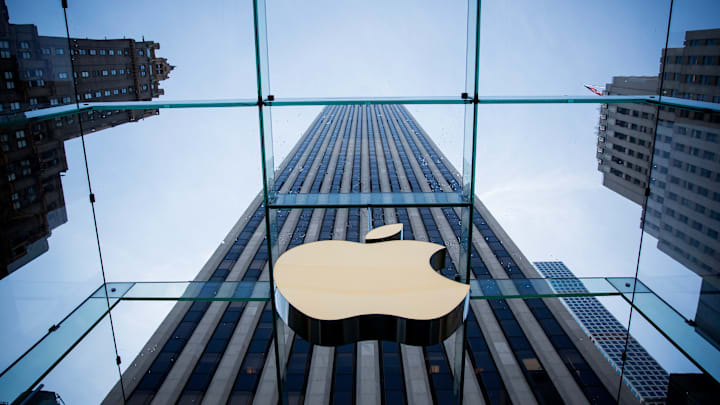What Industry Is A Tech Company?

A tech company is typically categorized under the technology industry or information technology (IT) sector, but it often operates across multiple industries depending on its specific focus. Here's a detailed breakdown:
1. Core Technology Industry
Tech companies are primarily associated with the core technology sector, which includes:
- Software Development: Companies that develop software applications, operating systems, and productivity tools (e.g., Microsoft, Adobe).
- Hardware Manufacturing: Companies that produce computers, smartphones, and other electronic devices (e.g., Apple, Dell).
- Internet Services: Firms that provide online platforms, cloud computing, and web services (e.g., Google, Amazon Web Services).
- Telecommunications Technology: Companies involved in communication technologies like 5G and networking equipment (e.g., Cisco, Ericsson).
2. Cross-Industry Applications
Many tech companies operate at the intersection of technology and other industries. These companies apply technology to transform traditional sectors:
- E-Commerce: Companies like Amazon and Alibaba leverage technology to revolutionize retail.
- Fintech: Firms like PayPal, Stripe, and Square focus on technology-driven financial services.
- Health Tech: Companies such as Medtronic and Teladoc use technology to improve healthcare delivery.
- EdTech: Platforms like Coursera and Duolingo provide education through digital means.
- Entertainment and Media: Streaming platforms like Netflix and Spotify fall under both technology and media industries.
3. Emerging Technology Niches
Certain tech companies are part of emerging sub-industries within the broader technology sector:
- Artificial Intelligence and Machine Learning: Companies developing AI-based solutions (e.g., OpenAI, NVIDIA).
- Blockchain and Cryptocurrency: Firms focused on blockchain technology and digital currencies (e.g., Coinbase, Chainalysis).
- Internet of Things (IoT): Companies creating connected devices and IoT ecosystems (e.g., Samsung, Siemens).
- Quantum Computing: Businesses advancing quantum technology (e.g., IBM, Rigetti).
4. Supporting Industries
Tech companies often work in or support other industries, including:
- Manufacturing: Tech companies enable smart factories and automation (e.g., Siemens, ABB).
- Energy and Utilities: Firms like Tesla and Enphase Energy use technology for renewable energy solutions.
- Transportation: Companies like Uber and Tesla leverage technology for ridesharing, autonomous driving, and electric vehicles.
5. Hybrid Categorization
Some tech companies are hybrids, operating in technology but categorized in industries where their primary product or service lies:
- Consumer Electronics: Apple and Samsung are often classified in consumer goods, though they are technology-driven.
- Social Media and Advertising: Facebook (Meta) and Twitter are part of both technology and media/advertising industries.
Conclusion
While the technology industry is the primary classification for tech companies, their broad applications often position them in multiple industries, such as finance, healthcare, education, and transportation. This versatility underscores the transformative impact of technology across the global economy.